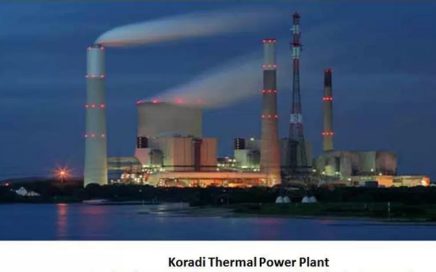Smooth motor startups are crucial for the efficient and prolonged operation of machinery and electrical systems. A seamless initiation of motors minimises stress and strain on the components, leading to reduced wear and tear over time. This, in turn, extends the lifespan of the motor and reduces maintenance costs.
Moreover, smooth startups enhance safety by preventing sudden jolts or jerks that can pose a risk to both the equipment and operators. Energy consumption is optimised during gradual startups, as it avoids the surges in power demand that often occur with abrupt starts. Ultimately, the importance of smooth motor startups lies in their ability to enhance reliability and save energy. It also promotes a safer and more sustainable operational environment across various industries.
Let us discuss in detail the types of motor starters and their components.
Types of Motor Starters
Motor starters are devices used to control the starting and stopping of electric motors. They are essential for ensuring the safe and efficient operation of motors in various industrial and commercial applications. There are several types of motor starters, each designed for specific purposes and motor types. Here are some of them:
1. Direct-On-Line (DOL) Starter
- Also known as across-the-line starters.
- The simplest and most commonly used starter.
- Provides full voltage to the motor during startup.
- Suitable for small and medium-sized motors where inrush current is not a concern.
2. Star-Delta Starter
- They are used for larger three-phase induction motors.
- Reduces the starting current and torque by initially connecting the motor windings in a star configuration (low voltage), then switching to a delta configuration (full voltage) after a brief period.
3. Auto-Transformer Starter
- Reduces the starting current by using an auto-transformer to initially apply reduced voltage to the motor, gradually increasing it to full voltage.
- Suitable for medium-sized motors.
4. Reduced Voltage Starter
- Includes various types like part-winding, wye-delta, and autotransformer starters.
- Reduces the initial voltage to minimise inrush current during motor starting.
5. Soft Starter
- Gradually increases voltage and torque to the motor during startup, minimising mechanical and electrical stress.
- It helps reduce inrush current and mechanical wear.
- Suitable for motors where smooth acceleration and deceleration are required, such as conveyor belts and pumps.
6. Electronic Motor Starter
- It uses electronic components, such as solid-state relays, to control the motor’s start and stop functions.
- Offers precise control and protection features.
Components of Motor Startups
Motor startups typically involve several components and steps to ensure the motor starts smoothly and operates efficiently. The specific components and their functions may vary depending on the type of motor and the application, but here are some common components involved in motor startups:
1. Motor
The motor itself is the core component. It transforms electrical energy into mechanical energy, which is used to drive various machines and equipment.
2. Power Supply
A dependable power supply is crucial for motor startups. This may include electrical wiring, circuit breakers, and fuses to provide the necessary electrical energy to the motor.
3. Motor Controller
A motor controller is responsible for regulating the motor’s operation. It can include various components such as contactors, relays, or solid-state starters. The motor controller manages the start, stop, and speed control of the motor.
4. Start Capacitor (for Single-Phase Motors)
In single-phase motors, a start capacitor is often used to provide an initial boost of power to get the motor to turn. This helps overcome the motor’s initial inertia and start the rotation.
5. Start Switch (for Single-Phase Motors)
Single-phase motors usually have a start switch that is used to engage the start capacitor briefly during motor startup.
Enhance Safety with Motor Starters
By understanding the types of motor starters and their components, this guide empowers individuals and businesses to optimise their machinery, enhance safety, and improve efficiency. With its comprehensive insights and practical advice, it paves the way for smoother operations and underscores the critical role of motor starters in modern industrial processes.
Use this guide to unlock the full potential of your machinery and embark on a path towards seamless startups. You can connect with one of the top industry suppliers and buy motor starters that will help you uplift your day-to-day operations.

















